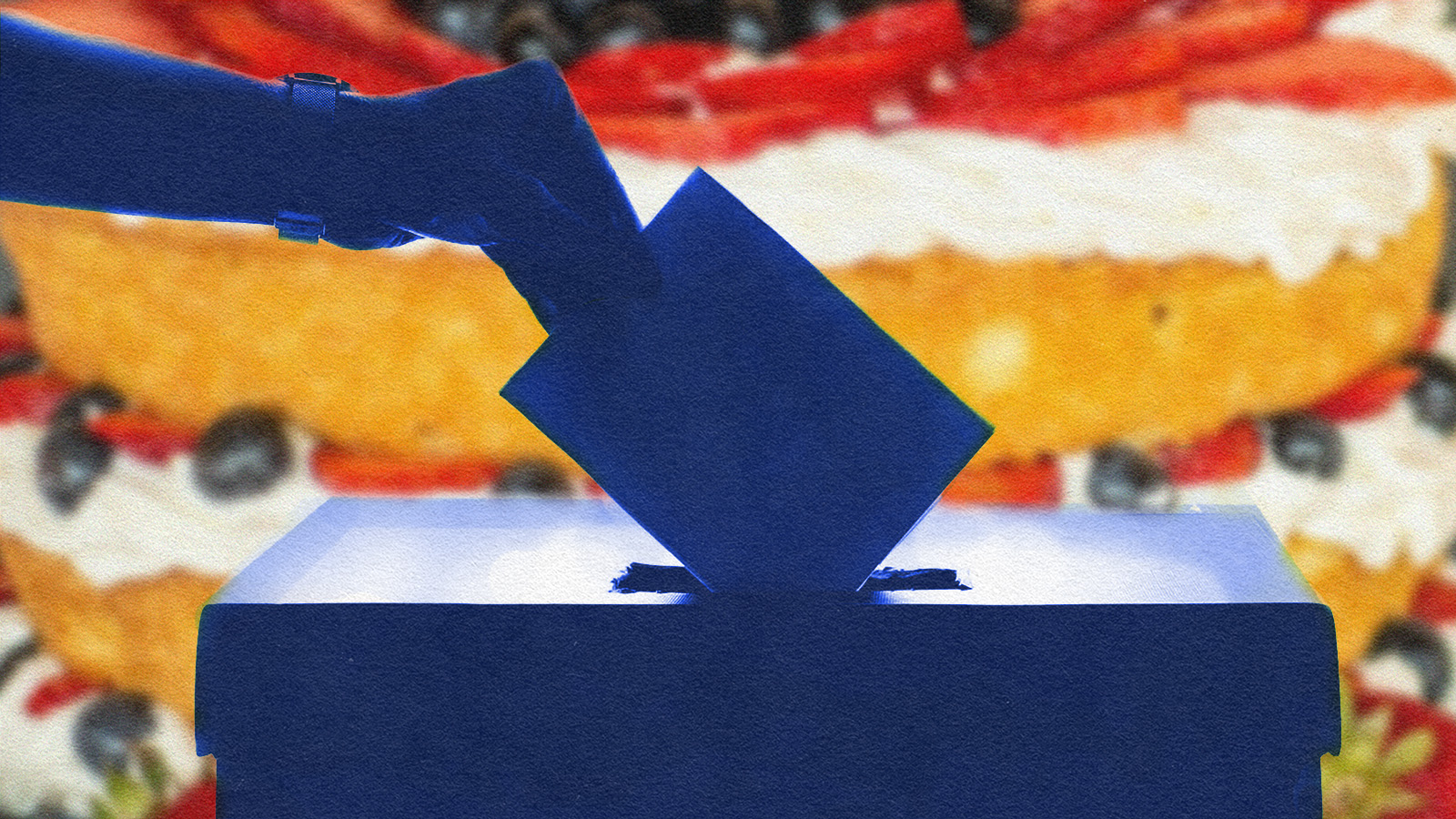Machiavelli was a very smart guy who, by the way, wrote The Prince in the hope of attracting employment. He failed to get the job. He was a little too nice, not quite tough enough.
So most people who are familiar with Machiavelli are familiar with the views he expressed in The Prince. Not so many people seem to have read his discourses where he thought that the best form of government is a more republican form of government, that is a democracy in our modern terms, and while I certainly agree that from the perspective of the folks on the street it’s far and away the best form of government, from the perspective of a leader, somebody who wants to hold onto power, it’s the worst form of government because it puts you at the greatest risk of losing power. So in The Dictator’s Handbook we go well beyond Machiavelli’s understanding to layout precisely what leads you to hold onto power and precisely what ties the hands of a democrat in trying to do the things that dictators also do.
Let’s start with what the five rules of politics are. First, you want to depend on as few people as possible to keep you in power. I'm going to come back to that because it ties very closely to the second.
Second, you want the pool of people you could call upon to fill the role of that small group, that pool, to be as large as possible. That way, the folks who are in the small group that keep you in power know that if they are wayward, if they begin to back somebody else or they’re not willing to do the things that you the leader ask them to do they know they’re easily replaced. Often, especially journalists make the mistake of looking at rigged election systems, such as Lennon introduced in the Soviet Union, and mistakenly believing that somehow because there are elections this confers legitimacy. That is a very silly idea because, after all, everybody already knows the outcome of the election before it happens, so how could it be legitimate? The function of having universal suffrage in a rigged system is exactly to signal the folks in the inner circle, the people you’re rewarding, that hey, you are easily replaced, you better do what I want.
Third rule, so you’ve got as small a group as possible drawn from as big a pool as possible. You want to tax the people as highly as you can because you want revenue to enrich yourself and to bribe your cronies. Taxing the people as highly as you can, there are two constraints. You don’t want to tax so much that people prefer taking siestas to doing work because the objective of the tax, of course, is to generate money for you. If the people aren’t working then they’re not going to generate money for the leader. And second, you don’t want to tax to the point that people calculate that you know things are so bad I might as well revolt, I can’t be worse off. So you want to tax as much as possible as long as people keep working and don’t revolt.
You want to distribute the minimum amount of that revenue that you can get away with to keep your coalition loyal to you, not deciding to back somebody else. And the reason you want to give them as little as you can, subject to the constraint that they not join somebody else, is you want as much of the money left over for your own discretion as possible.
And with the money that you need to use to keep your coalition loyal you don’t want to be spending that money instead on benefiting the people because the people don’t keep you in office.





